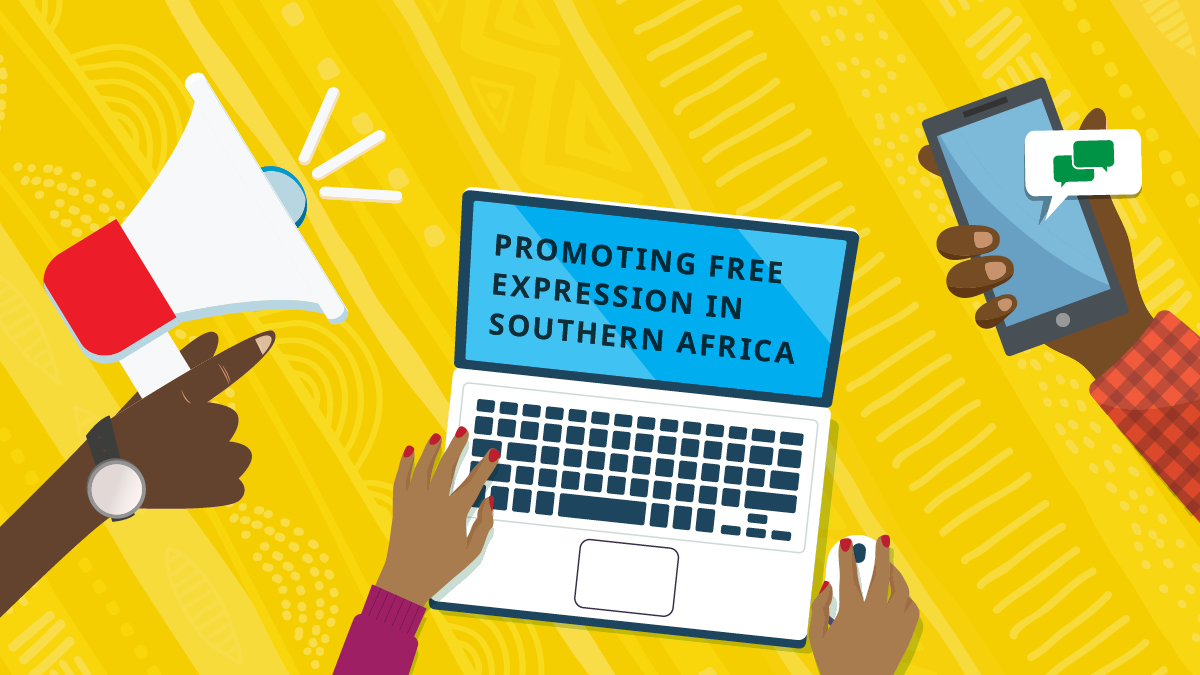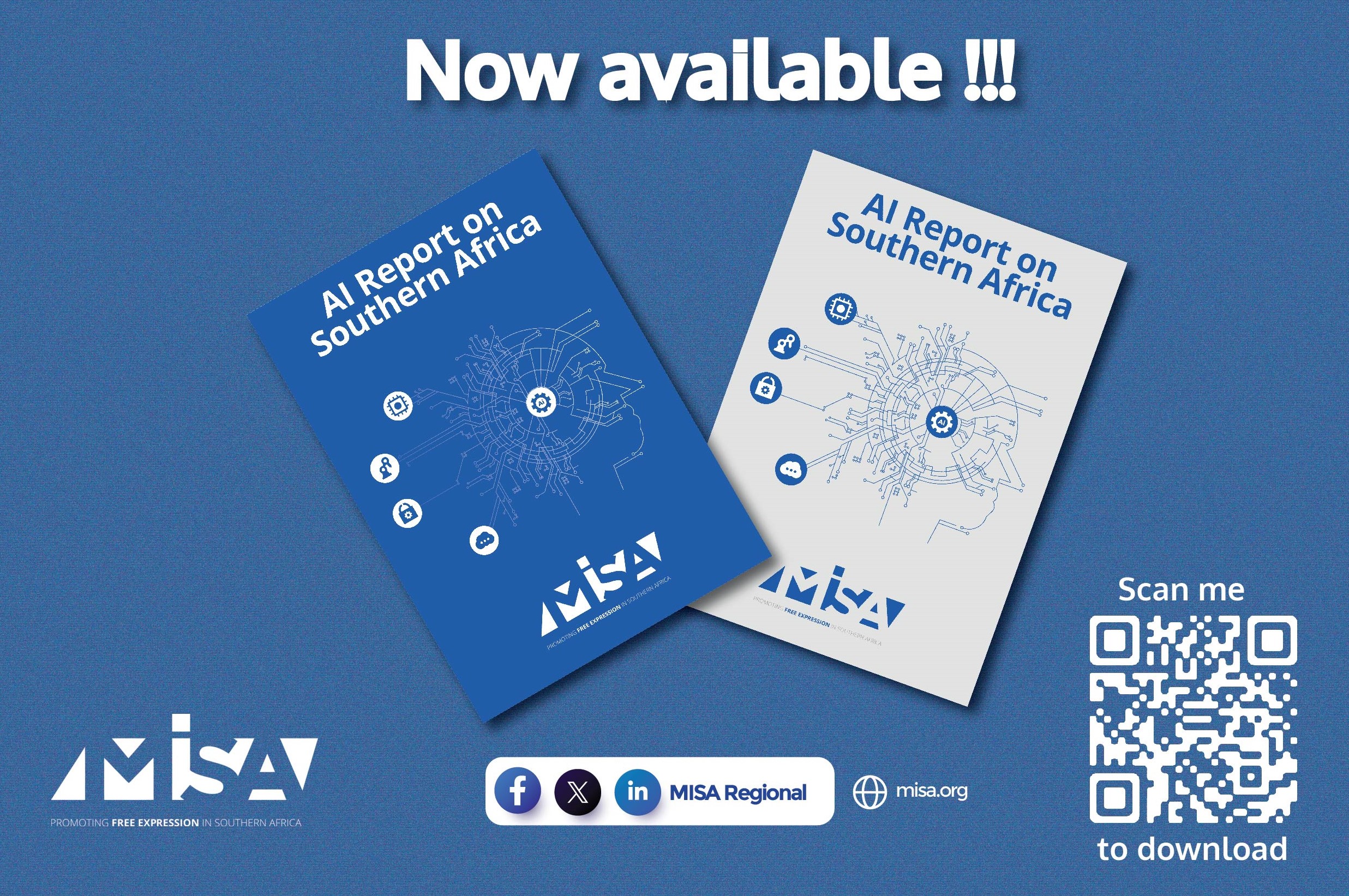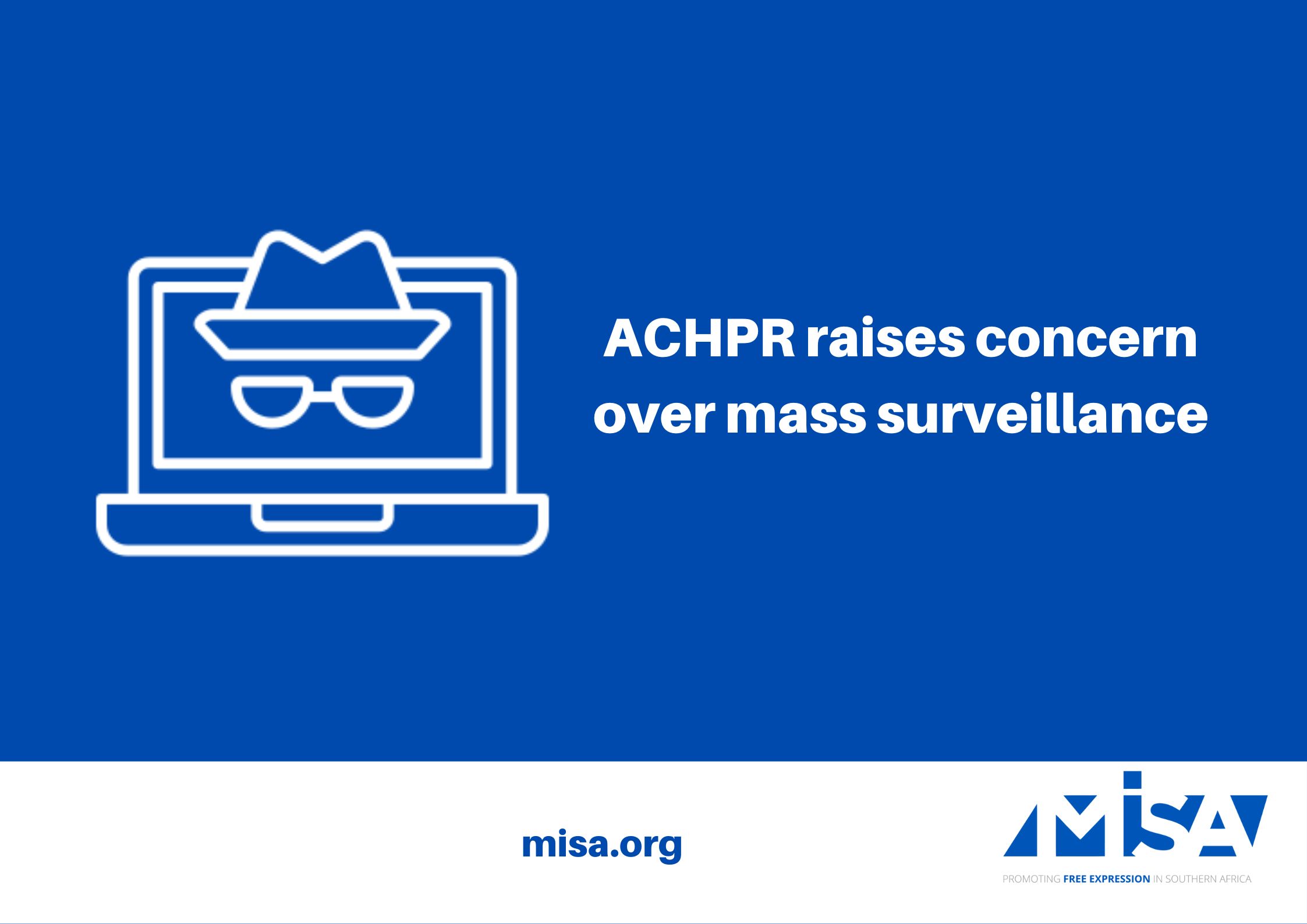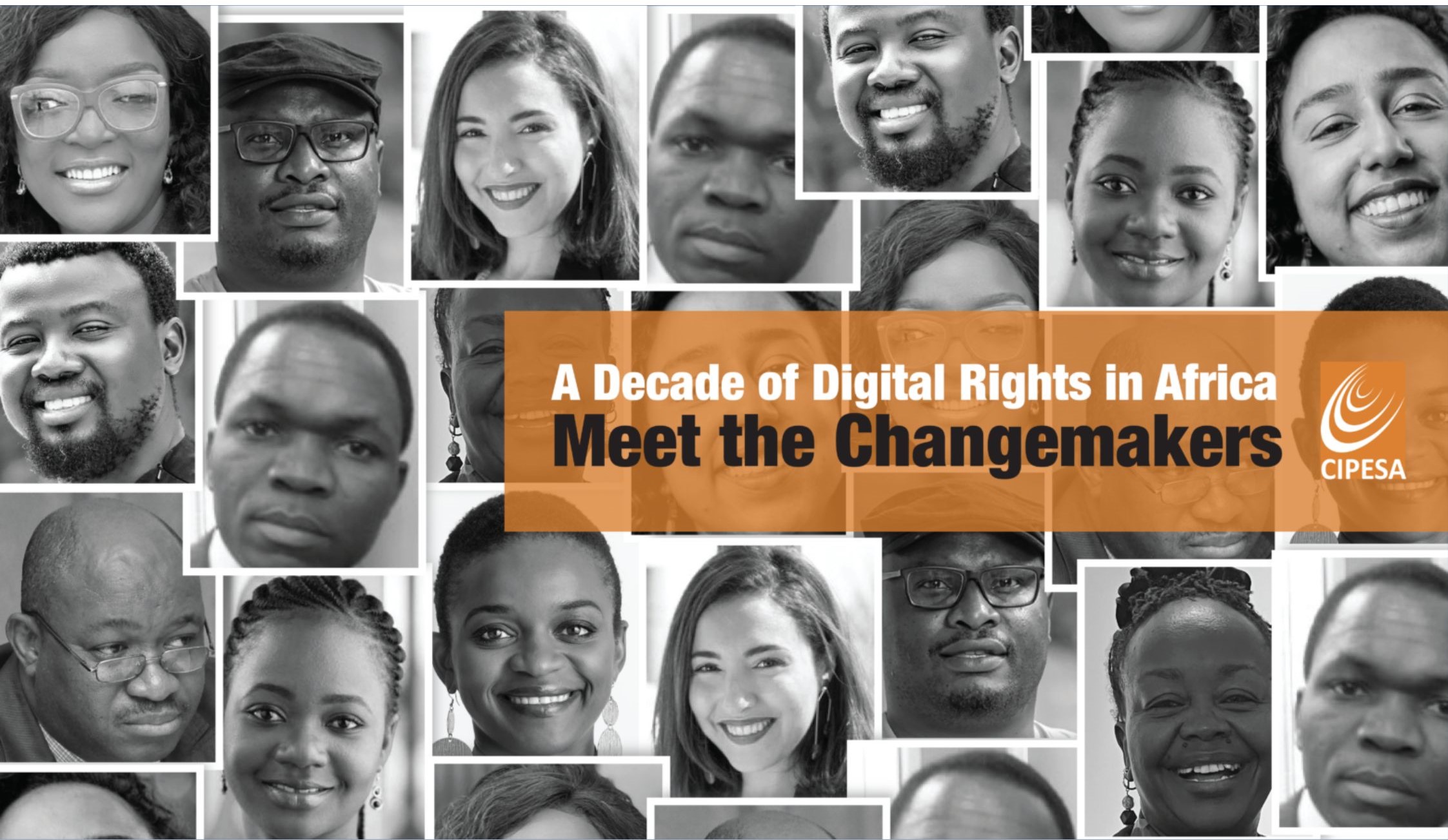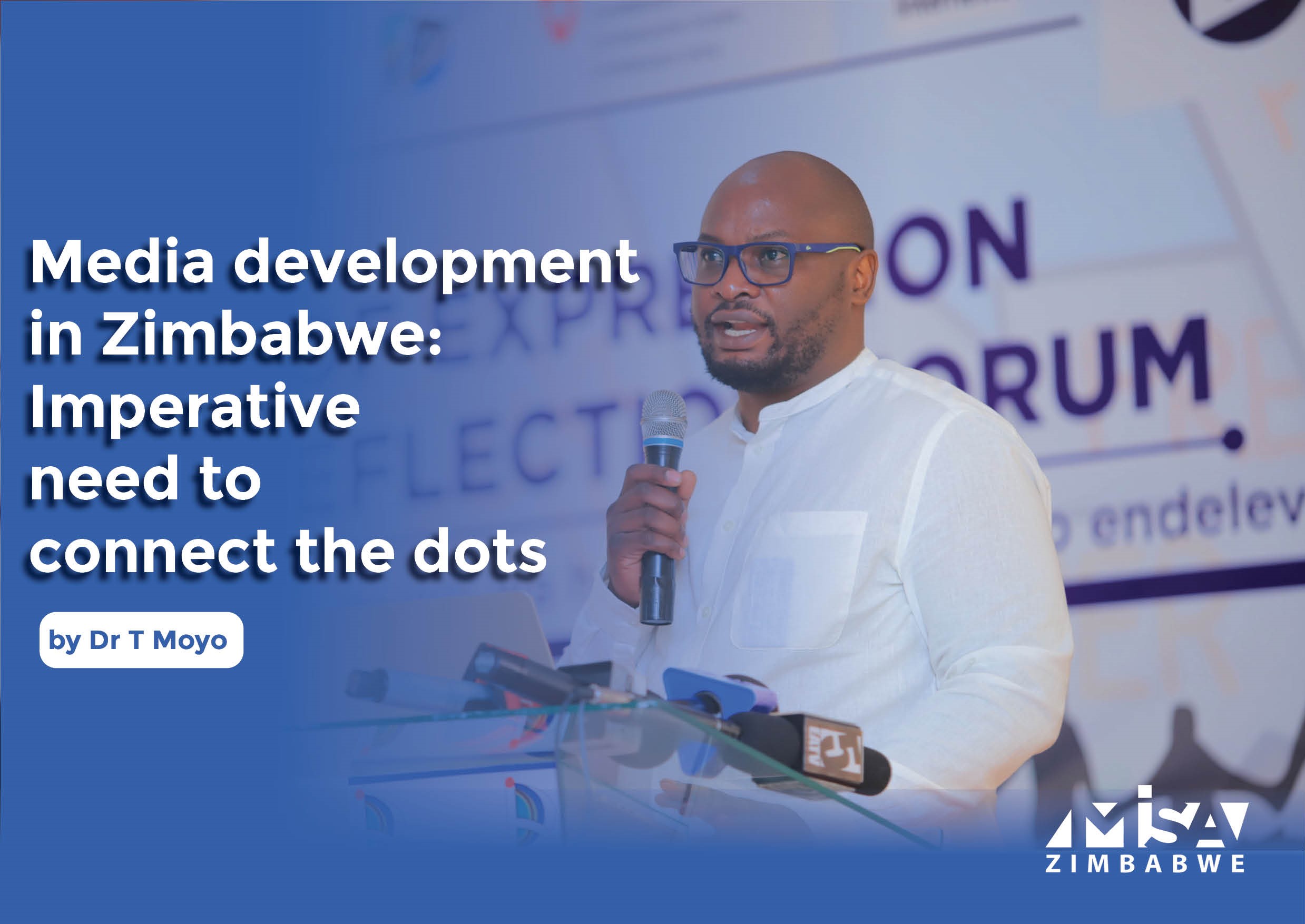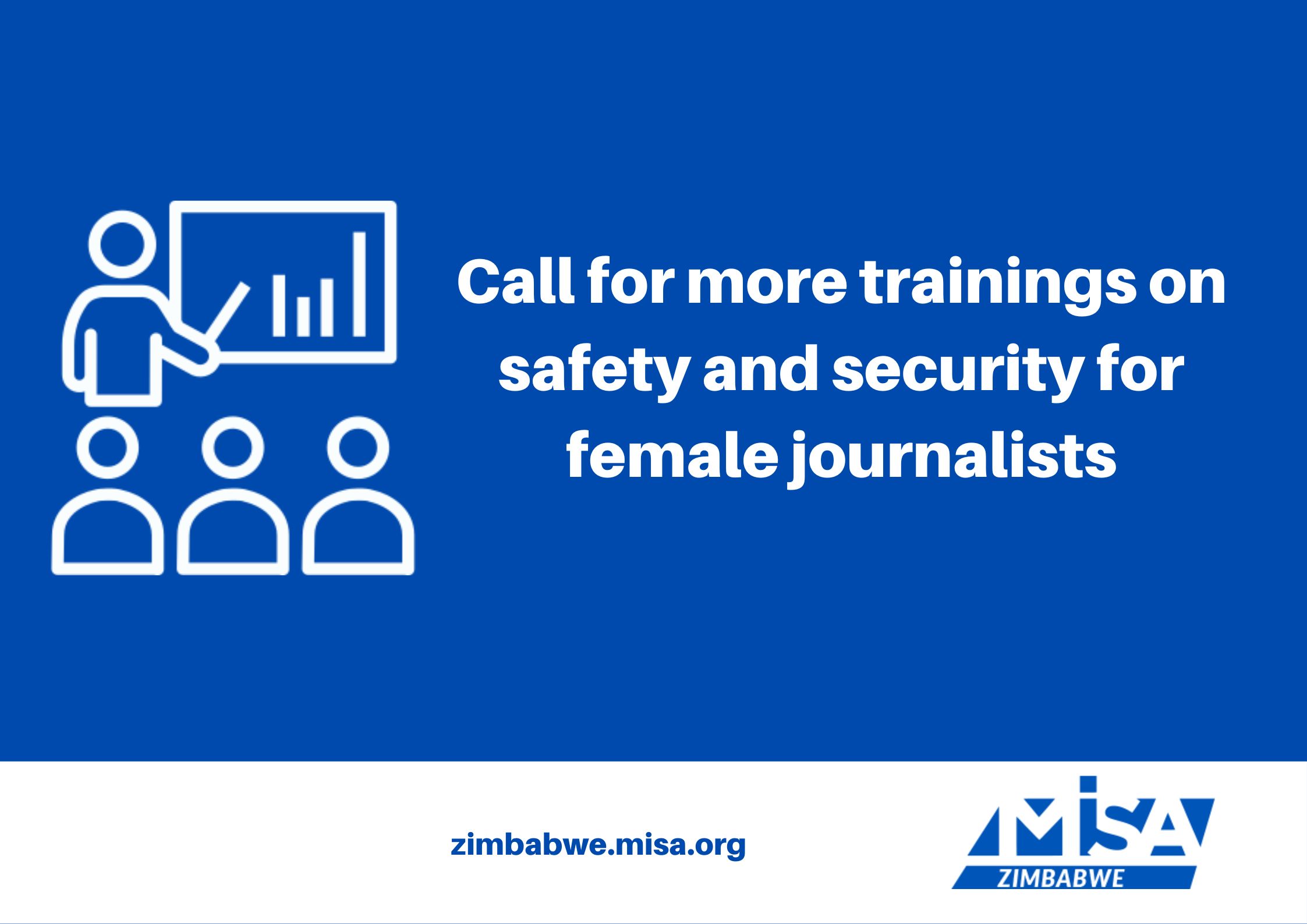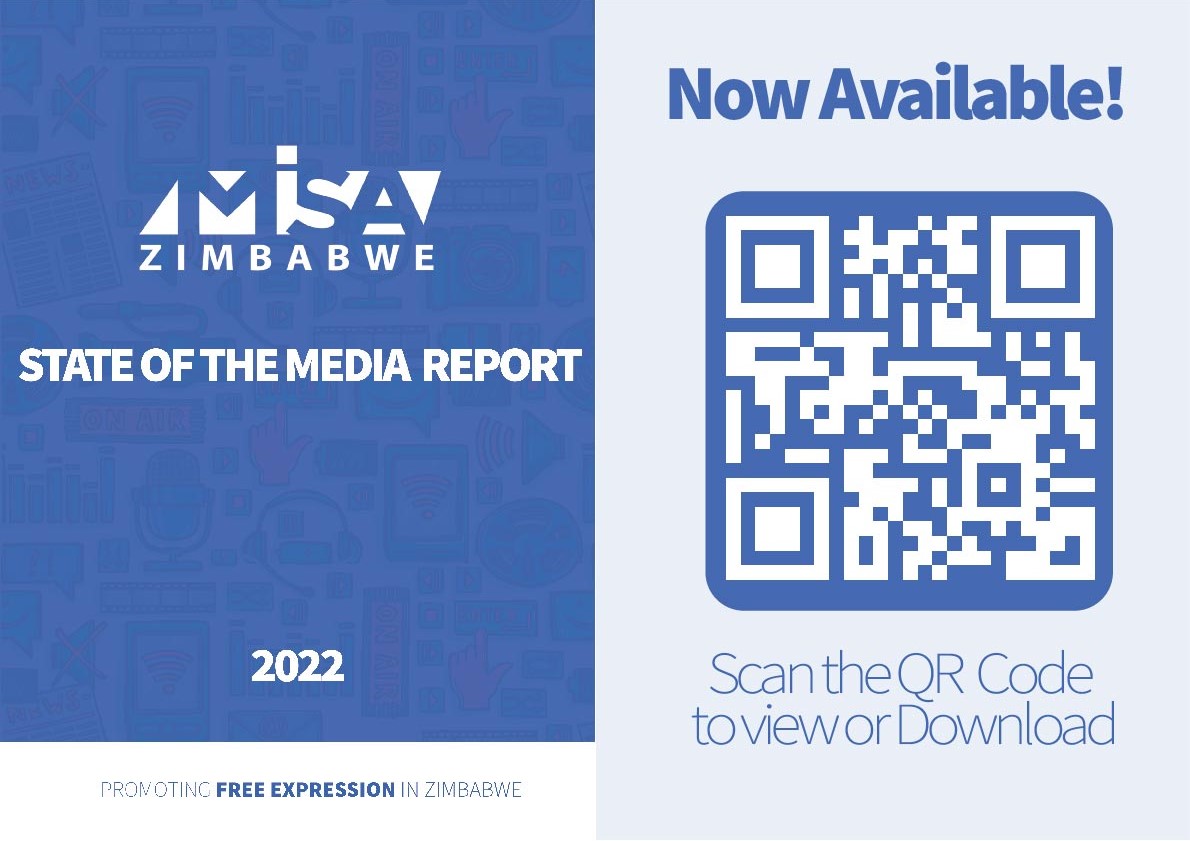MMPZ advocacy officers Fadzai December and Molly Chimhanda, and the Gwanda chairperson of MMPZ’S Public Information Rights Forum Committee Gilbert Mabusa, are all being charged in connection with a civic education meeting held there last month. The State claims that the meeting was held without permission, as dictated by the Public Order and Security Act (POSA), despite the meeting not being public. The three are also being charged under the terms of the Criminal Law (Codification and Reform) Act for “participating in a gathering with intent to promote public violence, breaches of the peace or bigotry.”
The MMPZ members appeared in Gwanda Magistrates Court on Wednesday, where the State opposed their release on bail. The State prosecutor argued that the three MMPZ members were “likely to interfere with witnesses,” and that the two advocacy officers (December and Chimhanda) are “still of a young and impressionable age and therefore likely to flee given the publicity the matter has generated in and outside Zimbabwe and the gravity of the offense they are facing.” Magistrate Douglas Zvenyika reserved ruling on their release until Friday.
Meanwhile MMPZ Project Coordinator Andy Moyse, who was taken in for questioning in connection with the Gwanda case on Tuesday morning, was released later in evening. He told SW Radio Africa on Wednesday that the police had a warrant to search their offices for a DVD they claimed had details about the Gukurahundi.
“They took me in for questioning and seized about 127 DVDs, which are the DVDs we have been releasing which basically contains a message to the media, asking them to conduct themselves fairly during elections. It had nothing relating to the Gukurahundi at all,” Moyse said.
He explained that these are the DVDs that were shared at the Gwanda meeting last month, which has resulted in the arrest of the three MMPZ members. He said that he had to write a statement, which was sent to Gwanda, about who was responsible for the DVDs and why they were produced. “The police looked through all 127 copies of that DVD and basically they realised there was nothing to hold me on. So I was eventually allowed to leave,” Moyse said. The MMPZ arrests have seen a surge of anger from civil society, who have called for the release of the MMPZ staffers and for the end of persecution of the media in Zimbabwe. The Media Alliance of Zimbabwe (MAZ) on Wednesday said the arrests are part of “an increasing crackdown on independent media organisations, which appears is aimed at insulating public officials from scrutiny and blocking unflattering information about their conduct from flowing into the public domain. “For example, at least six cases of journalists’ harassment through the obnoxious Criminal Law (Codification and Reform) Act have been recorded this year alone. All of them work for the private media and their arrests related to stories they wrote, which reflected badly on public officials,” MAZ said in a statement.
On Wednesday, the US Embassy also voiced “regret and concern at the increasing frequency of arrests and detention of media workers and civil society activists throughout 2011.” “This has been an important year in laying the groundwork for a new constitution, which will hopefully set a better, more peaceful course for the future of all Zimbabweans. Ultimately, good laws are only as good as their implementation, and the abrogation of the rule of law in the service of individuals or partisan interests undermines the interests and security of the state,” a statement from the Embassy said.
It added: “The United States calls on the three parties to the Global Political Agreement to pro-actively implement their written commitments to a free and unfettered media and civil society and to allow Zimbabweans their right to receive and impart news and information from a diversity of sources.” – SW Radio Africa News




